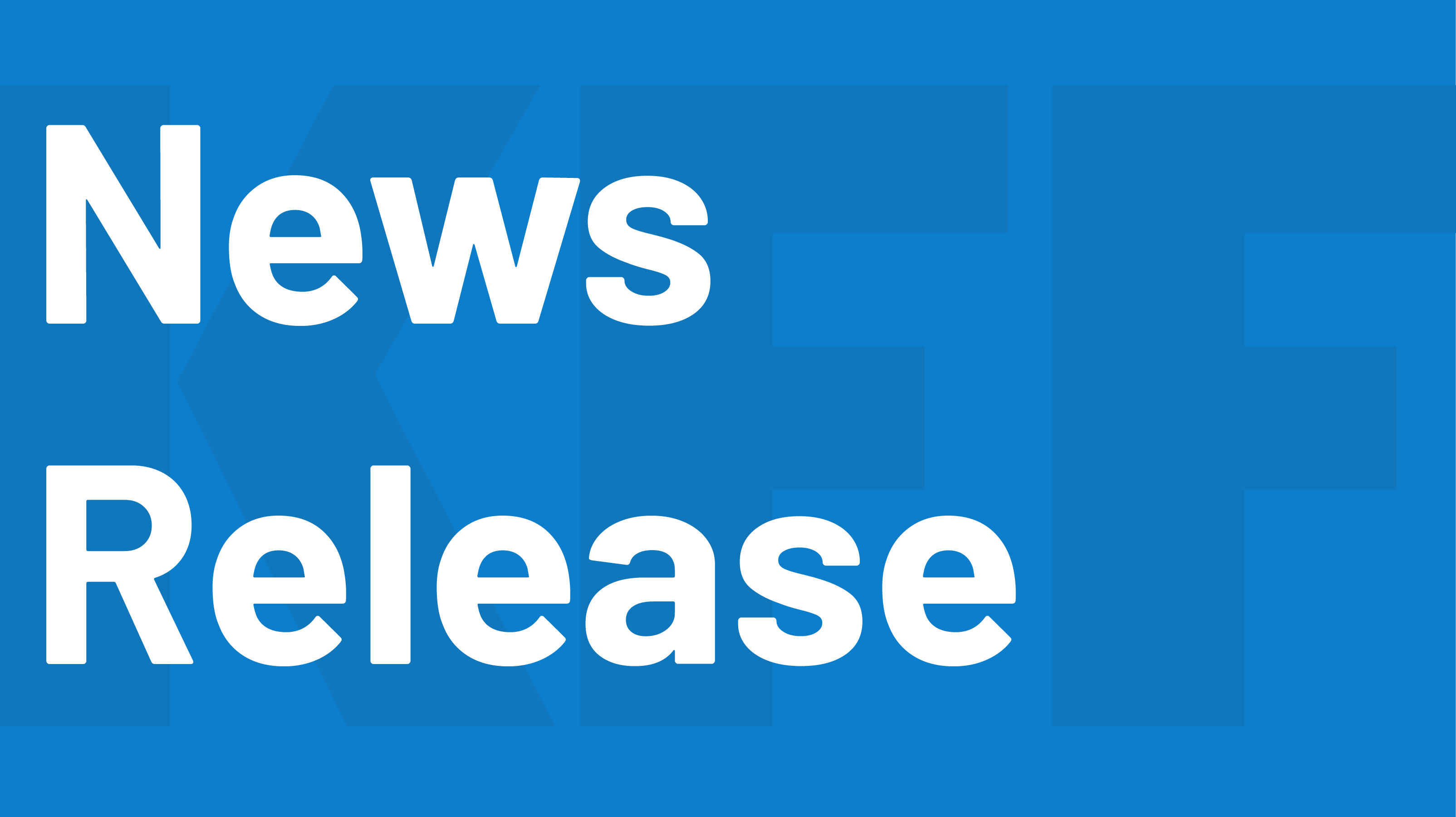As India and other countries continue to grapple with major COVID-19 outbreaks even as cases decline in this country, there is increasing attention to the global role that could be played by the U.S. government. This is particularly the case now that the U.S. will soon have enough COVID-19 vaccine doses to fully vaccinate everyone in the country, and has also purchased additional doses of vaccines not yet authorized in the U.S. A new issue brief identifies the actions already taken by the U.S. government, reviews the main policy options on the table, and discusses key considerations in evaluating those options.
The main U.S. policy options for expanding global access that have been proposed fall into four general areas: Scaling up donations of surplus COVID-19 vaccines, providing additional funding for global vaccine efforts such as COVAX, helping to expand vaccine manufacturing, and relaxing or waiving intellectual property restrictions on COVID-19 vaccine technologies.
Some of the steps already taken by the U.S. include providing $4 billion in funding for COVAX, announcing plans to donate U.S. doses of the AstraZeneca vaccine to India, and announcing it would prioritize production and export of materials and supplies for vaccine manufacturing to India. The brief examines these and other proposed policy actions. With growing attention to global disparities in vaccine access, calls for U.S. action across these areas are likely to increase over time.

